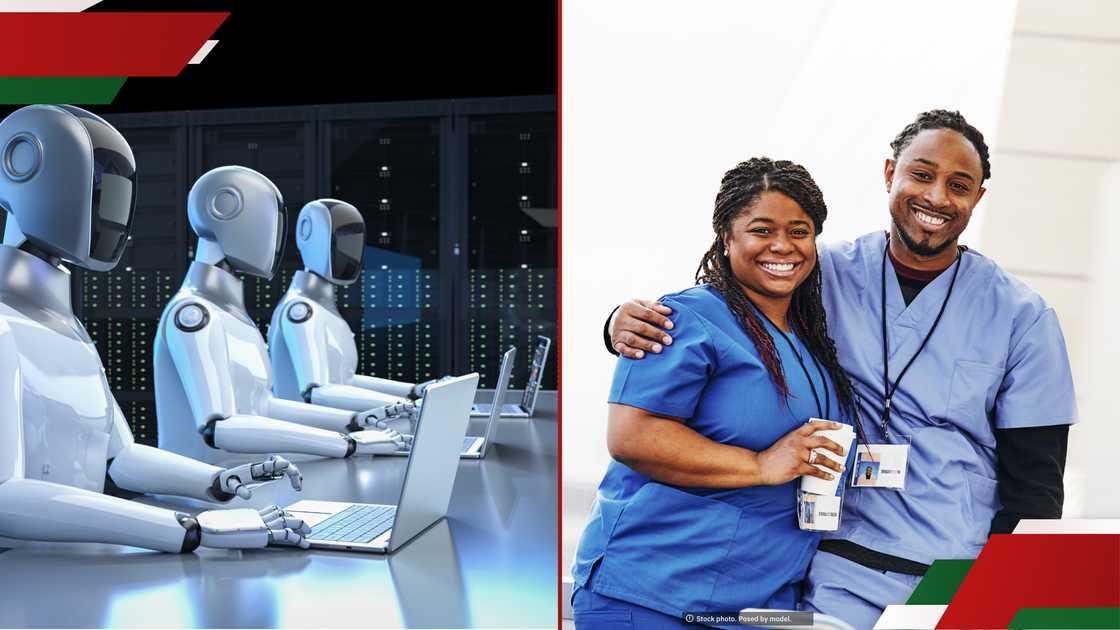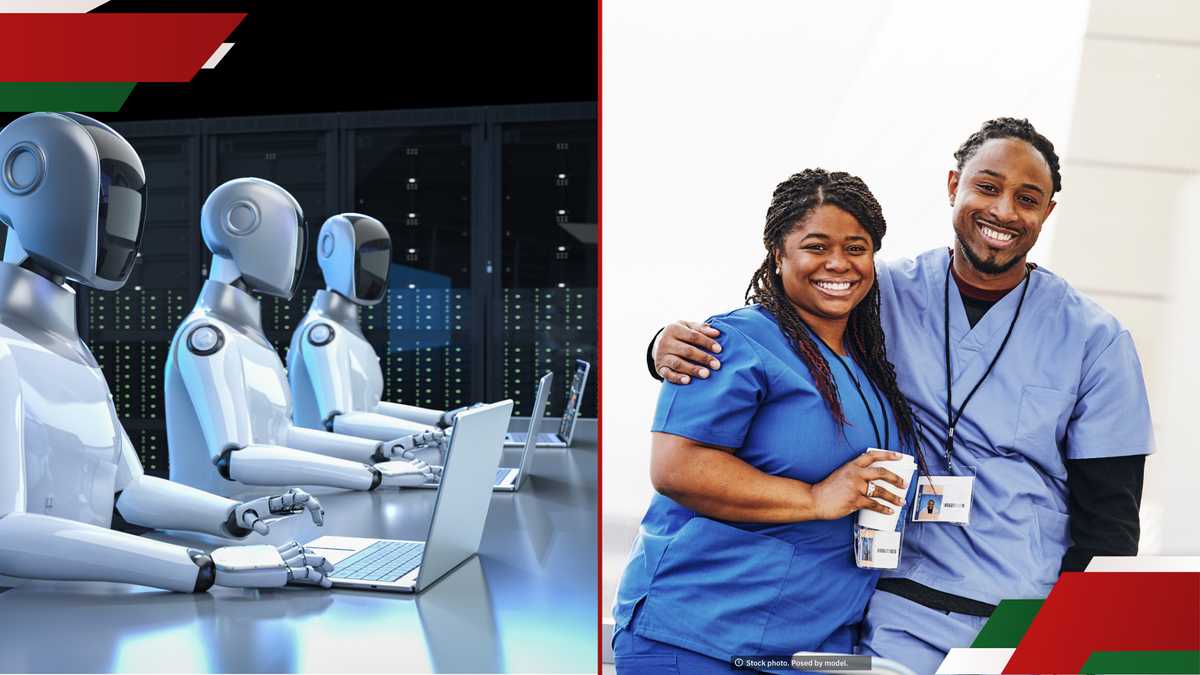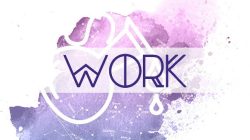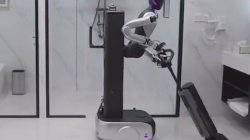-
Nursing tops the list for the safest profession, with a flawless safety record of 100%, significant employment opportunities, and minimal threat from automation.
-
Instructors make it into the top ten, indicating notable career progression; however, they face a greater likelihood of being impacted by AI automation relative to other occupations on the list.
-
Gavin Yi informed .co.ke that young professionals should concentrate on acquiring human-centric abilities that artificial intelligence finds difficult to emulate.
Elijah Ntongai, who works for .co.ke as a journalist, possesses more than four years of expertise in financial, business, and technology research and reporting. He offers valuable perspectives on both local Kenyan developments and international patterns.
Worries over employment stability have escalated globally because of the increasing influence and swift progress in artificial intelligence and automation technologies.

A recent thorough research highlighted professions at low risk of being disrupted by AI in the coming ten years, providing direction to those looking for jobs on which areas to develop their abilities for sustained security and advancement.
The research conducted by specialists at Yijin Hardware assessed numerous occupations using three primary criteria: anticipated employment expansion between 2023 and 2033, average yearly income, and the likelihood of being replaced by artificial intelligence systems.
These elements were integrated into a “Job Security Index” scaling from 1 to 100, with a higher score signifying increased resistance to automation and improved chances of maintaining stable employment.
The study utilized labor market reports and recent assessments of automation risks to depict the prospective employment scenario.
Ways to Prevent Being Replaced by Artificial Intelligence
Talking to .co.ke, Gavin Yi, the CEO of Yijin Hardware and the main commentator on the study, highlighted that AI does not pose an equal threat to every job.
Gavin pointed out that AI is reshaping the work environment; however, jobs less prone to automation typically exhibit three key characteristics: they depend significantly on emotional intelligence, encompass hands-on engagement, and necessitate intricate choices in erratic settings.
Gavin counseled young professionals, particularly those based in Kenya and throughout Africa, to focus on cultivating interpersonal abilities that technology can’t readily duplicate.
For young Kenyans and Africans joining the job market, I recommend focusing on honing human-centric abilities where AI still falters,” Gavin said to .co.ke. “Skills such as communication, critical thinking, empathy, and flexibility distinguish individuals in an era dominated by smart technologies. Pair these qualities with a basic grasp of digital instruments and data analysis, and you’ll evolve together with tech rather than confront it.
Top 10 professions safest from AI interference
The study’s rankings emphasize healthcare occupations as top contenders for job stability, underscoring the essential human aspects at play.
The research indicates that nursing leads as the most secure profession, achieving a top score of 100. This is fueled by an expected 40% increase in jobs and just a 12% likelihood of being replaced by artificial intelligence.
Second come surgeons, showing slower growth at 4% along with a somewhat higher chance of being automated at 15%. In third place are dentists, experiencing modest growth of 5% coupled with a minimal risk of automation at 11%.
Rounding out the top five are physical and occupational therapists, showing robust growth (14% and 11%) along with some of the lowest risks of automation (12% and 10%).
Attorneys come in at sixth place with a significant AI risk of 30% and moderate growth potential of only 5%. Meanwhile, logisticians exhibit the second-highest job growth rate after nurses at 19%, yet they also confront an alarming 41% likelihood of being automated.
Social workers and architects share the eighth position, with social workers facing a lower risk of automation (16%) compared to architects (19%).
Instructors make the list at number ten with notable expansion (8%), yet they face a significant 29% chance of being automated.





